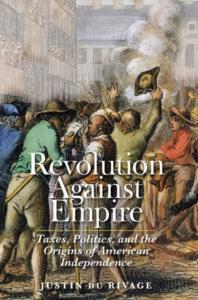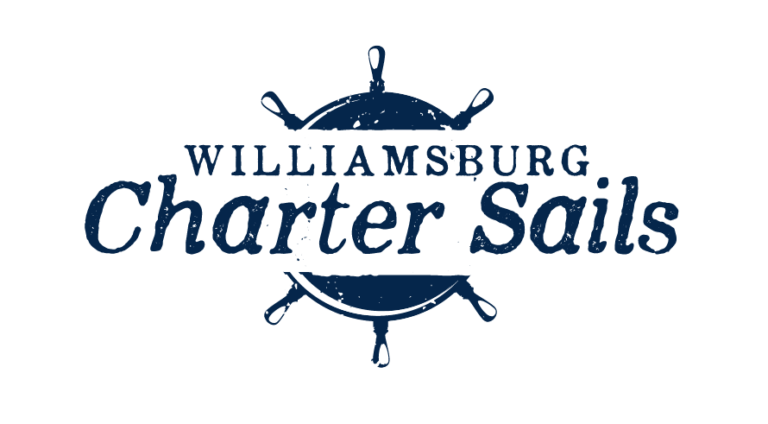People ask, “How does Yorktown fit into the American Revolution?” In “Revolution Against Empire: Taxes, Politics and the Origins of American Independence,” Justin du Rivage argues that the American Revolution was about more than “no taxation without representation.” He argues that the violent break between Great Britain and its colonies stemmed from a fierce ideological debate throughout the 18th century over what kind of empire the British Empire would become. The debate over taxation, public debt and inequality raged on both sides of the Atlantic. The author focuses on how three political factions differed from Boston to Bengal.
–Courtesy American Revolutionary War Museum, Philadelphia
“Britain’s battle over empire took place in a country that had long grappled with partisan conflict. By the mid-18th century, the Whig and Tory parties no longer resembled their former selves. The Tories had begun as the party of ‘court favor.’ Meanwhile, the Whigs contended for ‘commercial freedom.’ But George I and George II excluded the Tories from government. That reversed the parties’ traditional roles.
Whigs did not give up their enthusiasm for parliamentary government and commerce. Tories embraced their role as opponents of ministerial power. Decades of Whig dominance created a political world where some Whigs had more in common with their Tory rivals.
 “Politics became only marginally clearer after George III became king in 1760. The new monarch vowed to rule above party and without the constraint of politicians.
“Politics became only marginally clearer after George III became king in 1760. The new monarch vowed to rule above party and without the constraint of politicians.
“This blurry political scene meant that even people who nominally belonged to the same party disagreed fiercely. Individuals throughout the British Empire shared aspirations. They built alliances that extended far beyond the mother country’s borders. As a result, three distinct groups emerged on both sides of the Atlantic. These comprised establishment Whigs, authoritarian reformers, and radical Whigs.”
“Establishment Whigs defended both their stewardship of parliamentary government and the concentration of wealth and influence in the small elite.
“Radical Whigs drew upon patriotic arguments to attack the Whig establishment. But they dismissed the authoritarian reformers’ critique of society and the economy. Drawing support from the British Empire’s growing middle class, they embraced checks on government, individual freedom, and leveling of society. Then they insisted that Britain’s constitution existed not only to protect property from unjust taxation, but also to enhance the well-being of its citizens.”
“The shifting fortunes of these ideological groups explain why Britain and its North American colonies came to blows. Yet there was nothing inevitable about a conflict between an increasingly authoritarian mother country and ever more radical colonies. Nearly everyone claimed to be on the side of liberty and empire. But establishment Whigs, authoritarian reformers and radical Whigs could be found throughout the British world.
Radicalism flourished in Boston, Bristol and Bengal. Fears of disorder and licentiousness provoked rural elites in both the Hudson Valley and the English shires. Authoritarian reformers spent decades fighting to escape the margins of British politics. In North America, radicals repeatedly clashed with authoritarian reformers. These included not only their governors but also fellow colonists.
The empire’s politics grew highly unstable. Authoritarian reformers’ arguments gained strength in Britain throughout the 1760s. They captured the imaginations of George III and a significant portion of the electorate. They in turn became increasingly anxious about disorder and political dissent. Many British voters and members of Parliament embraced the project. Namely suppressing licentiousness and shifting the burden of taxation to American colonists. The American Revolution was the result.”
Let’s Go Sail on Revolution Against Empire
Scroll down Rates and pick a day for a sailboat charter. Scroll down Reviews on Trip Advisor. Go back to the Home Page of Williamsburg Charter Sails.
revolution against empire revolution against empire revolution against empire



